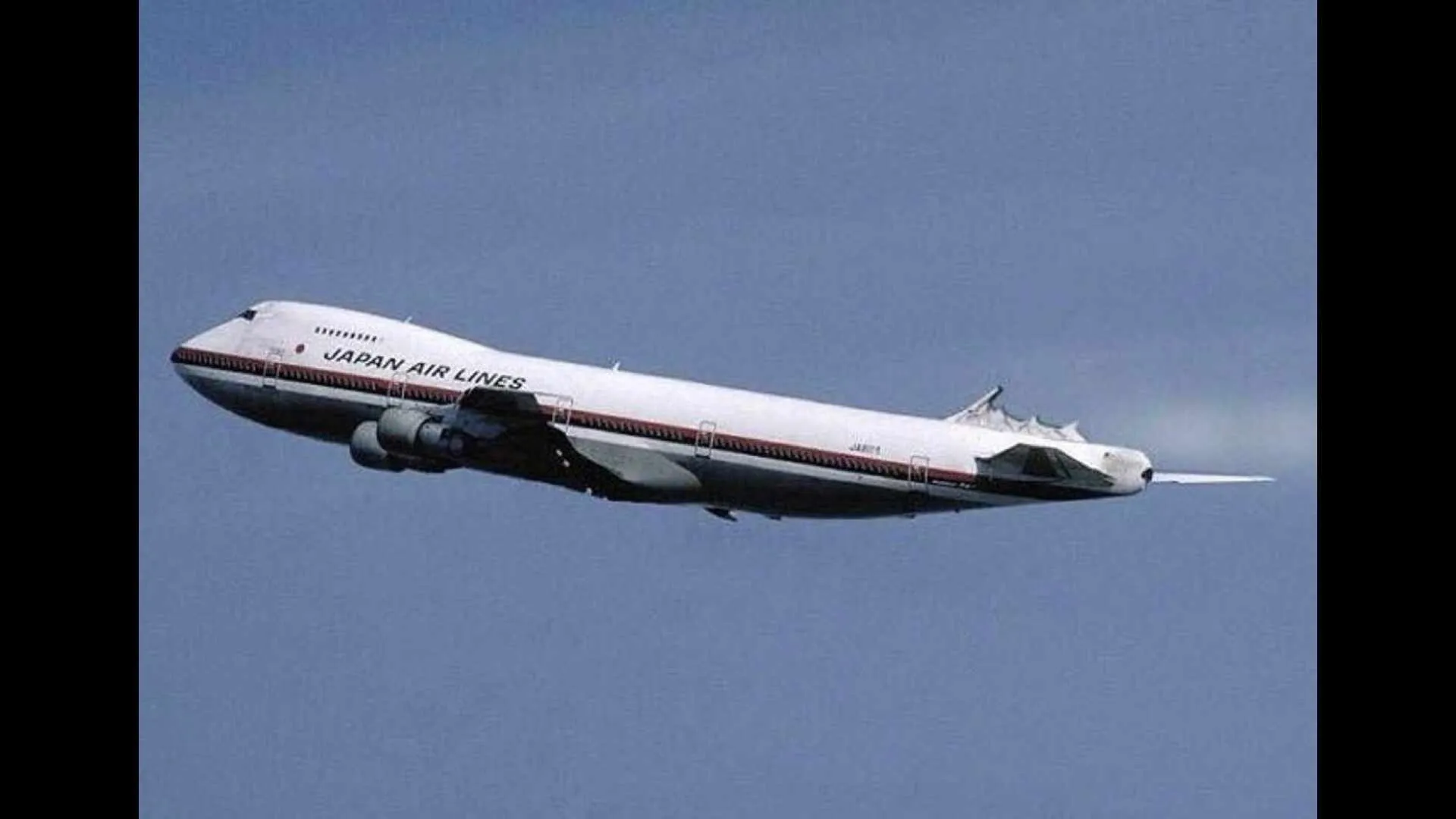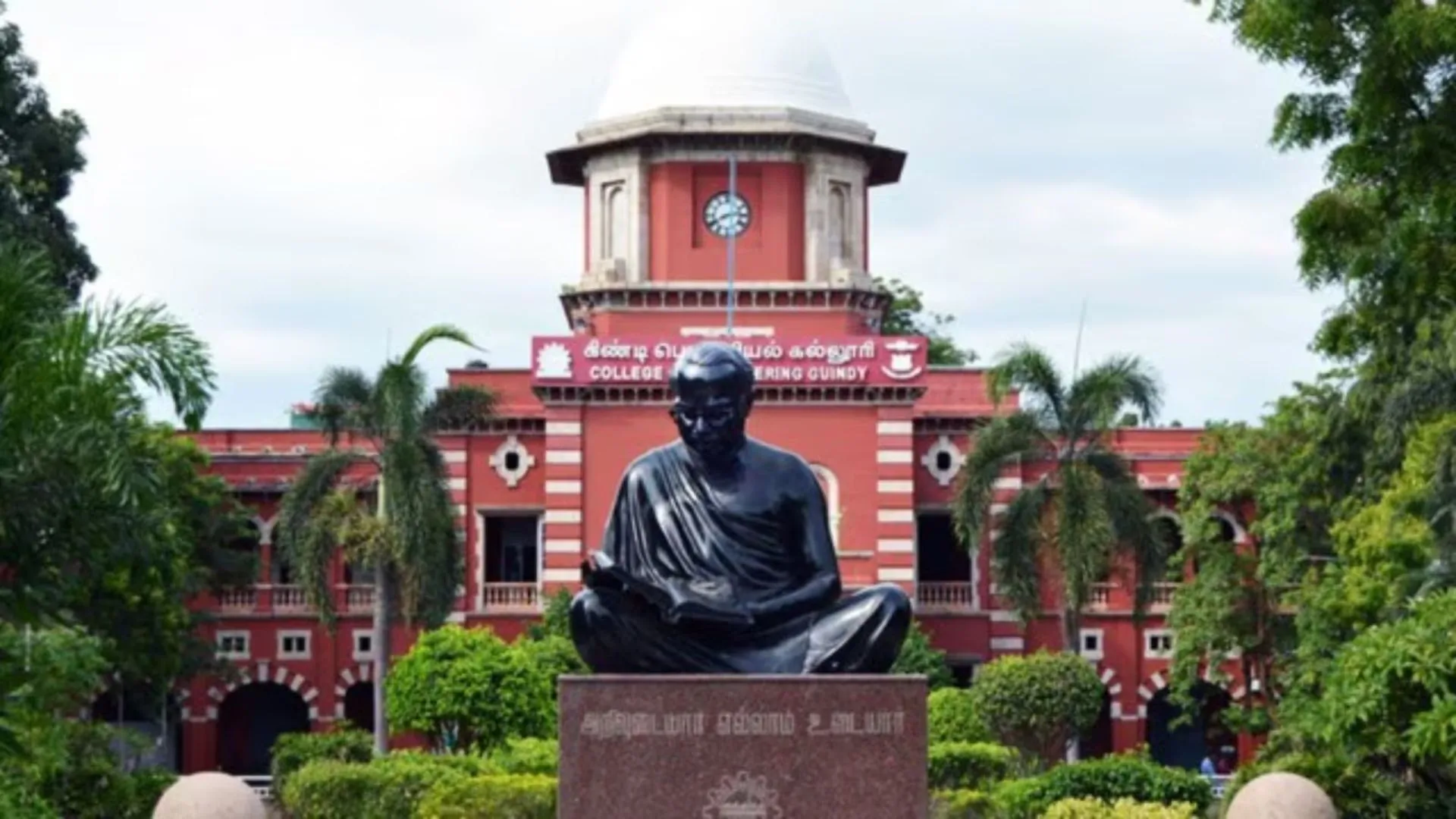The Financial Action Task Force (FATF), the terror financing watchdog of the world, may have removed Pakistan from a list of countries under increased monitoring—the grey list, but the global community must continue to keep a close watch on Islamabad for monitoring terror activities on its soil. Almost all the countries share India’s concern that Pakistan harbours terrorists and the terror organisations that harm various countries of the world. Pakistan’s soft-corner for terror outfits operating from territories under its control has been well-known. The FATF’s decision must have come as a great deal of relief for Pakistan after which the Shehbaz Sharif government was apparently euphoric. But the reality that cannot be relegated to background is that Pakistan must continue to take credible actions against terrorists so as to ensure that no instance of terror organisations launching attacks against India or any other country from its soil comes to be noticed in future. The responsibility to check all this lies with forums such as FATF, the UN and the global community.
While announcing the decision, FATF President T. Raja Kumar repeatedly said that Islamabad will have to continue its work to improve mechanisms for countering terrorist financing and money laundering. Raja Kumar categorically suggested that Pakistan should not construe exiting grey list as a clean chit on the issue of terrorism forever. It will remain accountable and responsible if any terror act is noticed from its territory. The FATF chief amply dropped indications that Pakistan must still be under watch. On its part, India needs to be more cautious and watchful to check if Pakistan’s actions really meet the expectations of the FATF on terror issues. And the expectation is that Islamabad must not cease its efforts toward countering money laundering and terrorism financing. This is the message that India sought to send out while reacting to FATF decision to take Pakistan off the grey list. Ministry of External Affairs Spokesperson Arindam Bagchi rightly pointed out, “It is in global interest that the world remains clear that Pakistan must continue to take credible, verifiable, irreversible and sustained action against terrorism and terrorist financing emanating from territories under its control.” He also said that Pakistan has been forced to take some action against well-known terrorists. The message that India successfully conveyed was that Pakistan took some action under pressure from the world community, and not on its own. MEA Secretary West Sanjay Verma’s remarks are also important in this context when he said that because of FATF, Pakistan had to admit some sort of legal process against two individuals responsible for 26/11 Mumbai carnage. What is remarkable is that Islamabad had been in denial mode whenever India provided dossiers of evidence establishing the hands of Pakistan based terrorists in Mumbai attacks. Pakistan’s action that brought it FATF respite amounts to admission also that Mumbai attack handlers were very much present on its soil, and all they were roaming around freely. This is exactly what India has been trying to establish. But Islamabad always denied it much to the disappointment of New Delhi. So the development proves that Pakistan was deliberately in denial mode to protect and shield terrorists of Lashkar-e-Tayyaba (LeT) whose founder Hafiz Saeed continued to enjoy patronage of the state actors in Pakistan for long period of time after the Mumbai attacks. Entire world watched how Mumbai macabre mastermind Hafiz Saeed was shielded by Pakistan.
The world community is not unaware of the fact that Pakistan supported and sheltered UN designated terrorists who have been roaming freely well before any FATF meeting in the past. The UN was shared evidence that show how Pakistan is the global epicentre of terrorism. What FATF must remember is where Osama bin Laden was found despite Pakistan’s denial. The US must also not obliterate this fact from its record book. So, with all this in view, it will remain important to keep an eye on Pakistan’s action in future to curb the widespread activities of terrorists groups. The world community must double up its efforts to enforce strict monitoring.
T. BRAJESH






